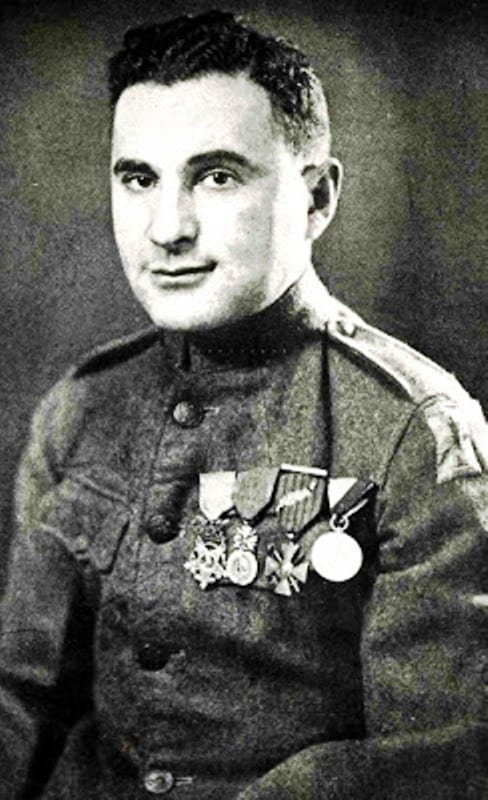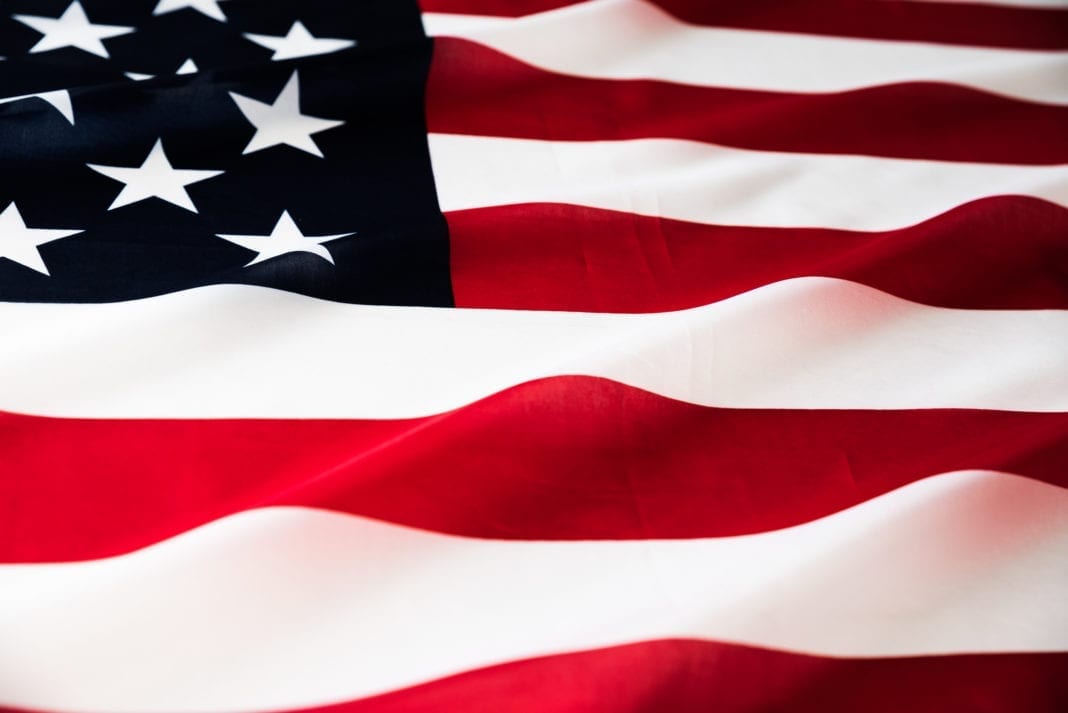In a telling citation by the late Seymour “Sy” Brody, former editor of The Jewish Veteran, a story is recalled about a World War I hero, who wasn’t born in Trenton, but made his way to New Jersey’s Capital City after a truly heroic journey. His name: Benjamin Kaufman (1894-1981).

Inspired by Arthur L. Finkle’s book Trenton’s Jews: Beginning, Adaptation and Achieving the American Dream, an account of a small industrial city, Trenton, that became a haven for immigrating Jews (German Jews in the 1850’s; and the Russian, Polish, Hungarian and Romanian Jews in 1881-1914), Brody came upon a note from Arthur that contained minutes of a meeting about possible offshoots of this endeavor and also included an article from the Virtual Jewish Library about his uncle, Ben Kaufman.
While Kaufman’s heroic journey began in New York, he eventually became the director of the New Jersey Employment Service in Trenton before becoming the Jewish War Veterans’ executive director and returned to Trenton after retiring in 1957.
The following excerpt from the book American Armies and Battlefields in Europe, portrays a narrative worthy of reflection this Memorial Day Weekend.
An unassuming young man, Kaufman who grew up in Brooklyn, rooted for the Dodgers and found himself going to Syracuse University when the United States became a participant in World War I in 1917. Kaufman responded to the call to arms and joined the Army, where he was assigned to Company K, 308th Infantry. He excelled in camp sports and the company respected him as being a tough soldier and a good sport. He quickly rose to the rank of sergeant and he twice refused the honor of becoming an officer.
Kaufman took out a patrol for the purpose of attacking an enemy machine gun which had checked the advance of the company. Before reaching the gun, he became separated from the patrol and a machine gun bullet shattered his right arm. Without hesitation, he advanced on the gun alone, throwing grenades with his left hand and charging with an empty pistol, taking one prisoner and scattering the crew, bringing the gun and prisoner back to the first-aid station.
He proved to be a hero almost as soon as he was in combat in France. He became blinded by a gas shell while aiding in the rescue of several of his men. Despite his refusal of medical help, doctors forced him to go to the hospital. For fighting men like Kaufman, the hospital was no place to be. He borrowed a uniform and made his way back to his outfit. Kaufman was quickly faced with a court martial for leaving the hospital. However, Army officers saw it Kaufman’s way and dropped the charges so that he could rejoin his outfit.While serving in an advance detail in the Argonne on October 4, 1918, Kaufman and his men came under heavy fire from a German machine gun. Two of his men were wounded. Kaufman realized that he had to silence the machine gun before help could reach the wounded men.
He received awards for bravery from nine foreign governments. The United States awarded him the Congressional Medal of Honor. After the war, he became active in the Jewish War Veterans of the United States of America, serving as national commander in 1941 – 1942. The Ben Kaufman Post 156 of the Jewish War Veterans in Trenton, New Jersey, is a living memorial to a man who always had a smile on his face even when the going was rough.





